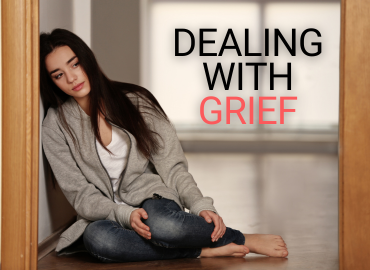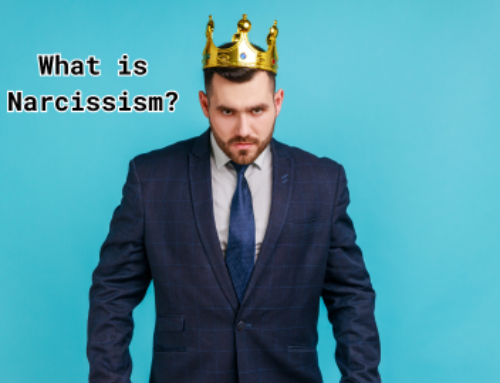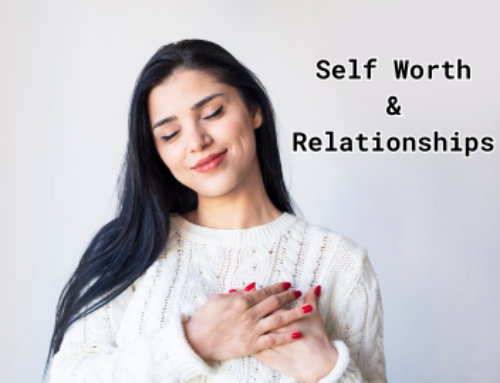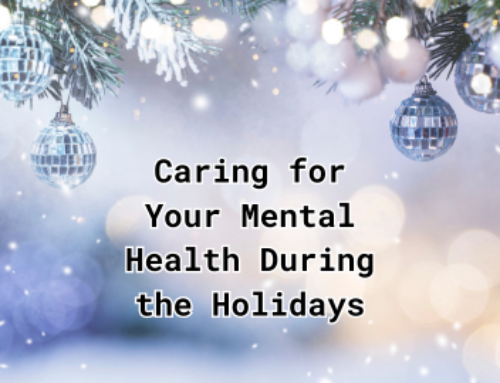Dealing With Grief
Grief isn’t just about the death of a loved one. We feel grief when:
We experience a romantic breakup
We have a friend distance themselves
We lose a pet
We lose a job
We lose important possessions
Grief is intensely personal, and there is no “normal” way or timeline with which to go through it. Many people find that one of the most difficult elements of dealing with grief is not only the loss, but the disruption it causes to one’s daily life. Having to talk about your grief can be a unique form of discomfort. When you tell people you’ve experienced a loss, be prepared for a variety of responses. Many people won’t know what to do or say.
To help yourself survive grief, it’s ok to be a bit selfish, especially if you constantly give to others. If you need to take time off, do it. If you need extra sleep, take it. If you’re experiencing grief, be patient with yourself. You’re not on a timeline.
Something we frequently recommend for self-care is to write it out.
“I feel cheated because my brother died far away, and I didn’t get to say goodbye.”
“I don’t think it was fair for my ex-friend to have treated me that way.”
“I’m absolutely devastated that my rabbit got sick and had to be put down.”
“I’m so upset that my workplace is going out of business because I loved that job and will miss my coworkers.”
Journaling is a healthy way to express yourself in times good and bad. It’s a way for us to articulate our thoughts in a way that we can come back to and examine later, from the minutiae of our everyday business to taking data on particular topics, memories, and navigating life after your loss.
If you’re experiencing grief from the loss of a relationship, you can also try writing a letter to them that will not be sent but kept to yourself. When we lose a person, we often feel that things ended on an odd note, which can be a persistent aspect of grief—that feeling there is an incompleteness or lack of closure. Plus, the screen or a piece of paper can take anything you want to say to it and will keep it to itself.
If you’ve suffered a loss, seek social support. This can mean going to therapy, support groups, or spending more time with your friends for benefits like these:
Avoiding isolation
Generating beneficial neurotransmitters like serotonin
Learning about others’ experiences with grief
Learning others’ coping mechanisms
Finding balance
Catharsis
Distraction
Enrichment with shared activities
While you travel through grief, you get to choose to surround yourself with people who bring you actual joy. There is a phenomenon you might encounter called “toxic positivity.” This outlook rejects negativity in totality. You’ll hear people say things like “only good vibes.” They may tell you to smile anyway or make “at least” statements like, “at least they’re in a better place” if someone has died. While they may mean well, this outlook is imbalanced and not sustainable. It’s healthy to look for the good in all situations, but we have to take the bad with the good. Rejecting the negative will not prevent it from occurring. You are within your rights to say, “Thank you, but that’s not helpful right now.”
Ask us about resources for coping with grief and make appointments by writing to us on our website or by calling (585) 442-6960.




